Transcription of Extortion with Protection: Understanding the …
1 1 Extortion with protection : Understanding the effect of rebel taxation on civilian welfare in Burundi Rachel Sabates-Wheeler Centre for Social protection , Institute of Development Studies, Brighton. email: Philip Verwimp ECARES and Centre Emile Bernheim, Solvay Brussels School of Economics and Management, Universit Libre de Bruxelles email: Abstract Using a panel dataset from Burundi where information on protection payments during the 10 year civil war were collected, we test the relationship between payments, the nature of extraction by the rebels, and welfare outcomes.
2 We ask, does payment to rebels insure against future welfare loss and does the nature of payment matter? Specifically, does the level of institutionalisation of extraction within the rebel governance structure provide a form of insurance for future welfare? No less than 30% of the interviewees made at least one payment. Rebels extract these taxes through one of two routes: an institutionalised and regular cash- with -receipt method or an ad hoc and unpredictable labour extraction. Using matching methods we find that payment through the institutionalised route increases household welfare between 16 and 25%.
3 Ad hoc extraction has no effect . We situate our findings in the empirical literatures on contributions to mafia-type organisations and rebel governance. Keywords: Extortion , taxation, forced labour, welfare, rebellion, Africa Acknowledgement: the data used in this study are collected through funding from the MICROCON consortium (EU 6th Framework), the University of Wageningen and the United States Institute of Peace. The authors would like to thank Georg Kirchensteiger and seminar participants at IDS, Brighton for insightful suggestions. All errors are the responsibility of the authors.
4 2 Introduction In the context of war, weak states and civil unrest, payments to powerful groups - government forces, rebels, militia and mafia can be extorted or given over voluntarily in exchange for protection , or insurance, against a range of negative outcomes, including death. Furthermore, the nature of extraction of payments reflects structures and aspirations of territorial control of rebel governance, which can be ad hoc or institutionalised and sometimes accepted by civilians (Arjona, 2008; Olson; 2000). Whether effective protection is provided is a matter of debate and a review of the literature on the subject suggests that payments can help for protection but are not a guarantee against negative livelihood outcomes.
5 Using a novel panel dataset from Burundi where data on protection payments during the 12 year civil war (1993-2005) were collected, we test the relationship between payments, the nature of extraction by the rebels, and welfare outcomes. In particular we have two points of interest. First, does payment to rebels insure against future welfare loss? Second, does the nature of payment matter? That is, we are interested to see if the level of institutionalisation of extraction within the rebel governance structure (proxied by predictability as opposed to unpredictability in Extortion ) provides a form of insurance for future welfare.
6 While payment to rebels does not equate with the usual insurance market conditions, for an insurance market to function smoothly payments and risks need to be predictable in advance. In the same way, if rebels institutionalise a particular form of extraction, this is likely to have better welfare outcomes for the civilians than if the extraction is ad hoc. We are interested to test whether this relationship holds under conflict conditions. Olson s (2000) work speaks to the other side of this coin, that is, does mobility of rebel governance 3 structure (or rebel aspirations for taxation of population) determine the welfare outcomes for economies/societies at large.
7 While intricately related, we are interested in the household level welfare impacts. We provide a review of the rebel governance structure in Burundi as a way of contextualising these outcomes. This is supplemented by qualitative evidence collected by the authors from key informants who had first-hand knowledge of the payment procedures during the civil war period. To the best of our knowledge this is the first paper to investigate, empirically, the linkages between the nature of rebel governance as reflected in type of Extortion and household welfare outcomes during civil war.
8 We use standard OLS models to investigate the relationship between Extortion type and welfare. As a way to control for variation in the observable features of the households in our sample, we specify a model that predicts the determinants of Extortion and then use this as part of an econometric matching design in order to establish the robustness of earlier findings. We find a strong and robust relationship between Extortion and welfare, however this relationship holds only for payments made in cash to rebels and not as extraction for forced labour.
9 The reasons for this are likely to relate to several factors to do with (or absence of) rebel governance: (i) the fact that cash payments were often given in advance, before an act of violence, such as rebel attack, occurred; (ii) such payments were often made regularly, in a predictable way whereby rebels would provide a receipt of payment; (iii) labour was typically extracted in an ad hoc, unpredictable way, and usually at gunpoint, and; (iv) the socio-economic characteristics of persons having cash extorted differs from those having labour extorted.
10 In particular, persons owning an enterprise are more likely to 4 make cash contributions to rebel groups. This means that rebels know whom to target, or in alternative wording, persons with this profile know that they have to contribute. In this way the institutionalised forms of tax extraction by rebels, in our case in the specific form of regular cash payment, can be hypothesized to act as an insurance mechanism against negative outcomes for persons with certain economic profiles. Conversely, Extortion in the form of irregular extraction (labour in this case) does not provide insurance for future welfare.
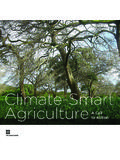
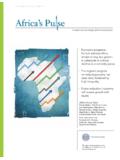
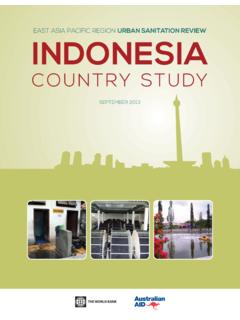
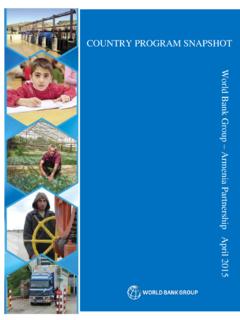
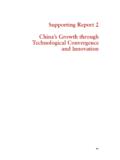
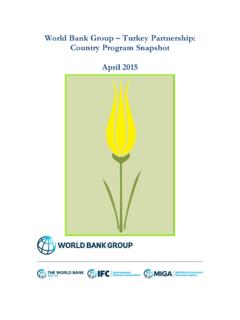
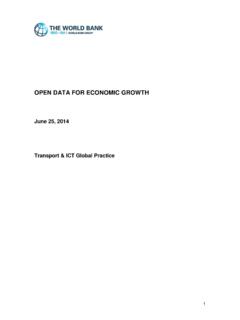
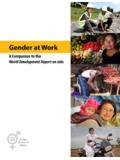
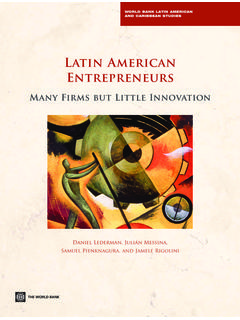
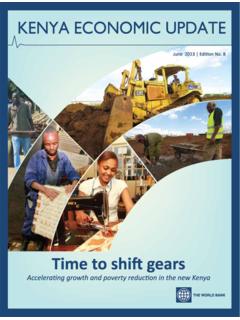
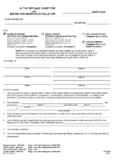
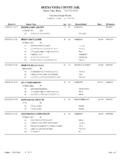


![20 2011 10 1 P -:HSTCQE=VVZW][ - OECD.org - OECD](/cache/preview/e/e/2/6/b/1/b/c/thumb-ee26b1bc3ac51fe82000b356cddeac23.jpg)